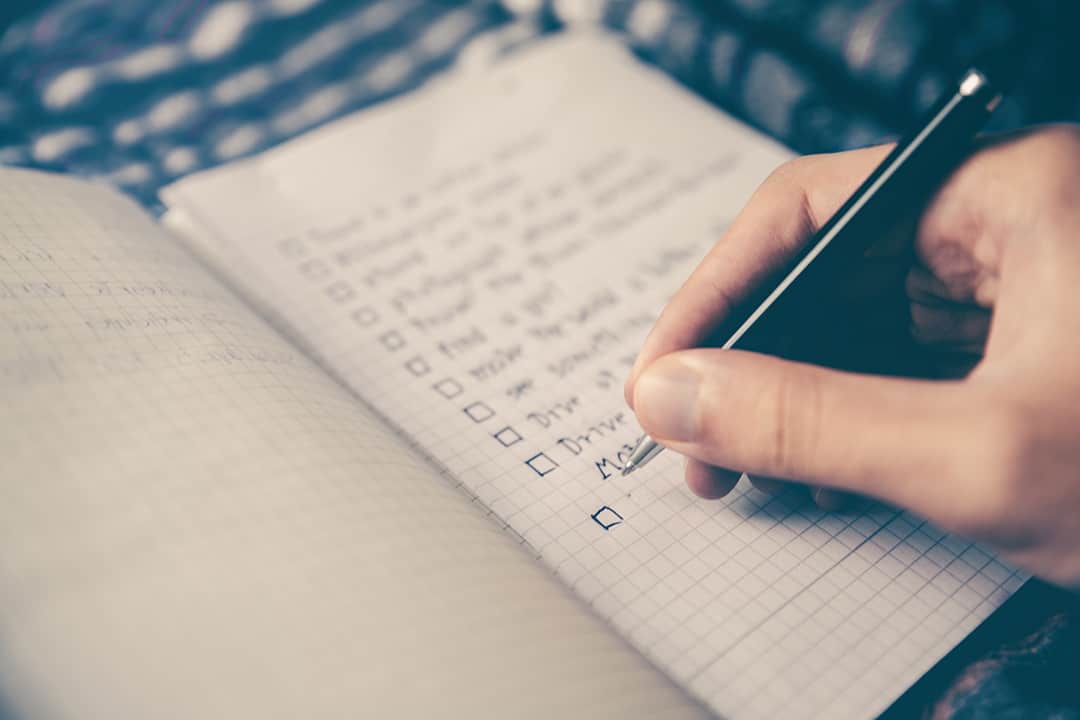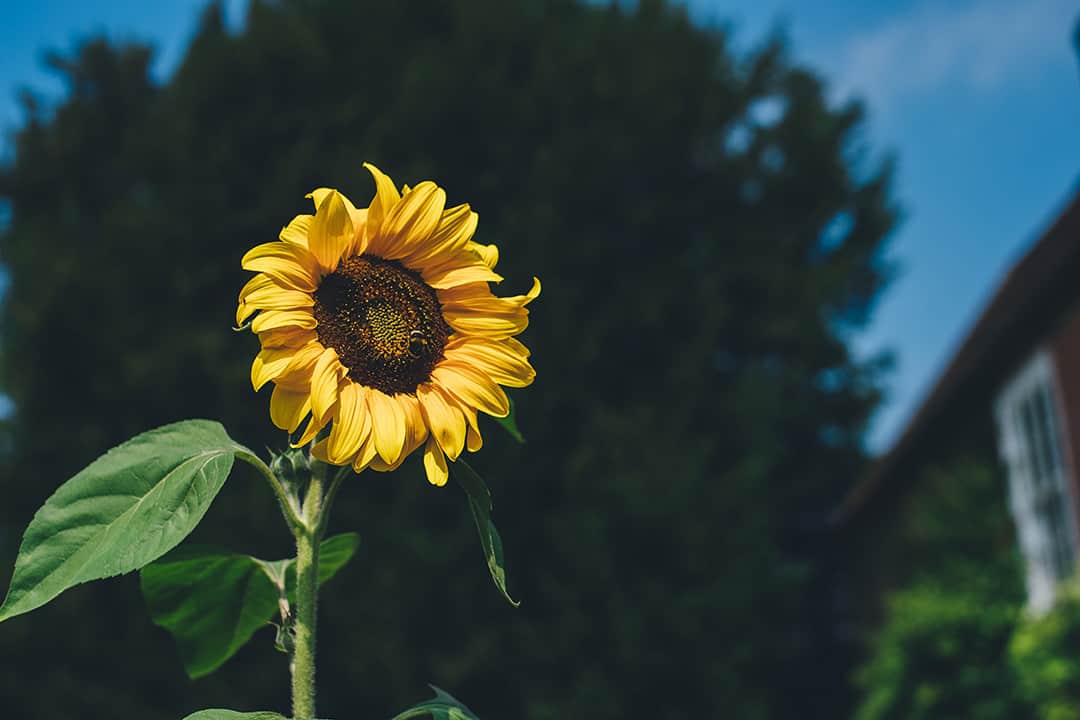When thinking of Ramadan, there isn’t a lot of thought around mental health. Sure, we talk about increasing faith, spiritual highs and having a positive mindset, but how many of us truly take advantage of our mental wellbeing?

There will be Muslims affected by anxiety, PTSD, and have other sensory issues where the thought of praying at the Masjid, leaving their homes, or visiting people is a daunting concept. There will be Muslims affected by depression, who find getting out of bed is a huge struggle. There will be Muslims affected by bipolar, where some days will be Islamically fulfilled, and others not. There will be Muslims affected by OCD, whose thoughts and actions will rewind over and over again in their minds. There will be Muslims who experience suicidal ideation which creates pangs of guilt along with the hunger. There will be Muslims who have eating disorders which may be triggered and cause more grief. There will be Muslims who will be on all types of anti-psychotic and anti-depressant medications that will not be able to fast. These are the Muslims who will look “rude”, “weird”, “difficult”, “un-practicing”, and “sinful”, and these are the Muslims who will be unnecessarily apologetic for their struggles because some Muslims don’t take the time to understand their daily battle, or appreciate their own mental wellbeing.
Muslims all over the world will be affected by different mental health problems and whilst they may be grateful, some would crave to be able to take on just one day of Ramadan without the additional weight they have to carry. What we have to ask ourselves is, how are we taking advantage of our mental wellbeing this Ramadan?

We have put together a small list of suggestions that will InshaAllah help in maintaining and making the most of your mental wellbeing, which will in turn make you a happier, more humble and productive Muslim this Ramadan.
- View Ramadan as if it is a starting point for the rest of your successful year. Implement the “near year, new me” attitude.
- Once you see Ramadan as training you for the marathon ahead, you need to start focusing on the small sprints that you have directly in front of you. This means start making small and good changes which you know you can carry on, and improve for the rest of the year. It can be anything you deem as appropriate and beneficial for you.

- Stop focusing on other people’s goals, and what other people have achieved. This is your journey, and your Islam. Your small goals should be realistic and achievable, whether it’s spending more time outside, spending more time reflecting on your own thoughts or implementing at least 5 minutes of Qur’an in your day. Choose something that suits you, and is for the sake of Allah.
- Make the most of your spiritual high, but prepare yourself for a dip. The only things that you should expect from yourself are the expectations you set on yourself. Don’t set them too high where you will find it a huge challenge, or too low where you find it too easy. Also, don’t be negative about it. Negativity and that “spiritual dip” do not mix, understand that you grow and develop every day, and some days might be slower than others – so take each day as it comes. Studies show that it takes 18-21 days to build habits and behaviours, although it may be difficult at first, be patient with yourself.

- Have plans in place for this “dip”. For example: “When I start feeling down about how I haven’t achieved enough, I look at my Ramadan goals from 2 years ago and realise how far I have come in that amount of time.”. Choose something similar and use your own successes as your own motivation.
- Without food and water, our minds are a lot clearer. Our thoughts are not burdened by our basic desires, and our days do not revolve around our next meal or cup of coffee, so this is the best time to pick up on unproductive behaviour and negative thought patterns. Make a list of your weakness and bad habits, and then make a detailed plan of how you’re going to overcome this. It can be to read certain books that address your issue, or listening to a talk that is related to your situation. Try keeping a diary of what triggers you to feel or think a certain way in order to avoid the triggers in the future.

- Ramadan is the time to plan. Plan your day, your activities, and most importantly your relationship with Allah. Be flexible and make sure you are giving enough time to the things and people who really matter. Use this time to get your priorities right.
- Remember, Ramadan isn’t just about the fast. There are so many more fruits to take from it, and whilst gaining spiritual closeness to Allah is a huge gem, there are pearls you can pick up on the way that are for yourself. It’s okay to be selfish when it’s your own mental wellbeing, and your relationship with Islam.
Remind yourself: “The most beloved of deeds to Allah are the most consistent of them, even if they are few” (Bukhari), and repentance is a beautiful way of attaining success (Qur’an 24:31), but mostly take comfort in knowing that He would not burden a believer with more than they can bear (Qur’an 2:286).

So, to all those who are struggling with or without mental health problems, our duas are with you. At Inspirited Minds, we pray that this Ramadan is your most successful one yet; we pray that you reap and harvest the rewards in order to gain and grow throughout the year, and we pray that if struck with sadness, you are able to see the light of faith in your darkest of times. Ameen!




